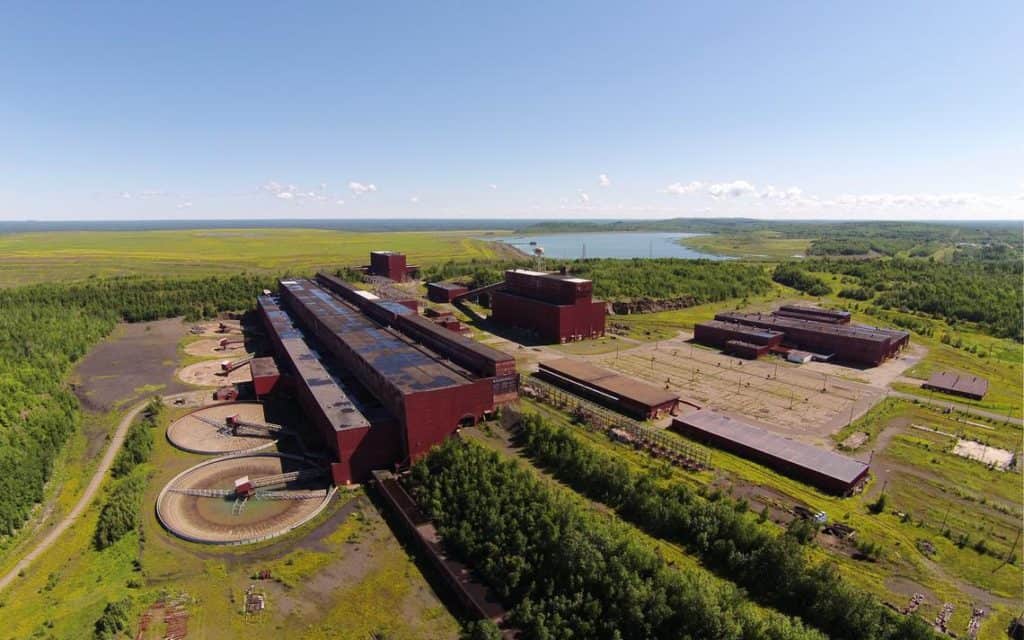
A district court judge in Ramsey County, Minnesota has issued a ruling in a closely-watched lawsuit over how state and federal officials issued a water quality permit to PolyMet Mining Co. for its proposed copper-nickel project in northern Minnesota.
Judge John H. Guthmann issued a lengthy ruling yesterday that the Minnesota Pollution Control Agency “did not engage in any procedural irregularities” when developing the National Pollution Discharge Elimination System permit. The decision came after a seven-day evidentiary hearing last January.
“With today’s decision, the court renewed its confidence in the MPCA’s permitting process for PolyMet,” the MPCA said in a statement. “While the MPCA always strives to do better, the court overwhelmingly said the agency’s permitting procedures were not irregular.”
Environmental groups and an Ojibwe tribe had sought to prove that the MPCA violated the law when it urged the federal Environmental Protection Agency to withhold its comments on the permit until after the public comment period had closed.
Plaintiffs said the MPCA went to unusual lengths to keep the concerns off the record and out of the public eye. The judge agreed with the motivation, but not with its illegality.
“The MPCA had other legitimate reasons for seeking an EPA delay in submitting comments. However, the MPCA’s primary motivation was its belief that there would be less negative press about the NorthMet Project if EPA comments were delayed until after public comments and verbally expressed EPA concerns were incorporated into the draft permit,” Guthmann wrote.
But, the judge said there is no prohibition against asking the EPA to withhold its comments.
Guthmann also agreed that Minnesota regulators destroyed evidence by deleting emails about the matter. Emails from then Commissioner John Linc Stine, in which he asked the EPA to withhold its comments, were among those destroyed.
“This is important,” wrote plaintiff Minnesota Center for Environmental Advocacy. “The MPCA told the public and the press that the EPA did not have concerns about the water permit and that the MPCA never asked the EPA to withhold written comments. Whistleblowers came forward, and we now know that these statements were not true.”
Paula Maccabee from WaterLegacy said: “The bottom line is that the MPCA asked the EPA to withhold its comments on a very important and controversial permit and then destroyed the evidence that it made that request,” according to the Star Tribune.
PolyMet’s leadership saw the ruling as a clear victory, and pledged to push forward with all the legal challenges to its permits. The permit in question in this week’s ruling is still suspended by the courts, while the Court of Appeals has also blocked its permit to mine and air pollution permits.
“We are pleased with the district court’s ruling and look forward to defending the challenge to the water permit currently pending in the court of appeals,” said Jon Cherry, PolyMet’s chairman, president and CEO. “We remain confident the water quality permit meets all applicable standards and will ultimately be upheld by the courts.”
The issue is now sent back to the Minnesota Court of Appeals, which had asked the district court to review the evidence. Environmental groups are reviewing options to appeal the decision.
More information
- Court ruling (PDF)
- Judge largely backs state regulators’ handling of PolyMet permit – MPR News
- Minnesota Pollution Control Agency largely cleared in decision to issue water permit to PolyMet mine – Star Tribune

